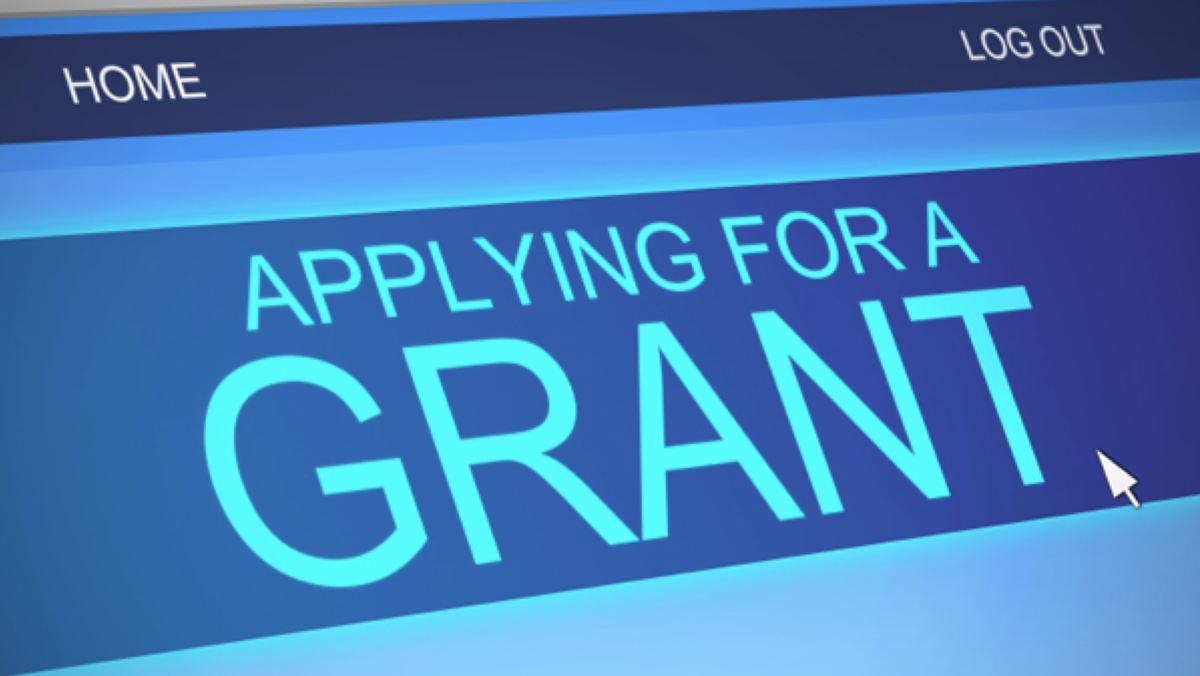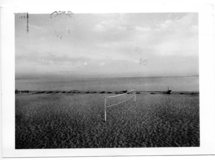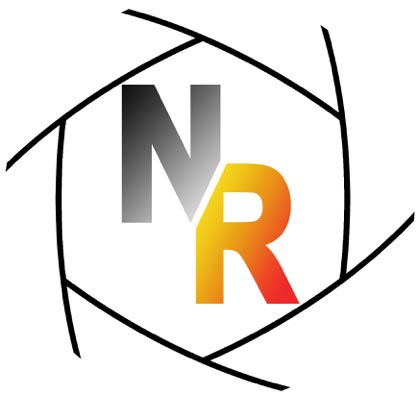Grant Rant

I have been a resident of Massachusetts for 45 years. Each year since the Massachusetts Cultural Council Fellowship's origination I have applied in the photography category. In earlier years this was by submission of a portfolio, in more recent cycles this has been by applying with 5 jpegs using the Cafe system. The photography fellowship is awarded every other year and currently stands as a $15000 grant. I am applying. I'd be a fool not to.
I will not win.
Why such cynicism? Let's go down the path of how this works. Jurors see just the 5 jpegs, all at once. The submissions are anonymous. The panel is instructed to make awards on "artistic quality" and "creative ability". Furthermore, in the published guidelines, the Council writes:
This category accepts original work in traditional and experimental photography. We welcome work where photography and photographic technique is central, including digital or software manipulation of photographs.
It is important to keep this in mind when applying. What they haven't said but implied is that if you submit work that is difficult for them to see that it is photography it is hard for them to justify giving it an award.
I have never received a State of MA fellowship. I have been a finalist twice, a long time ago.
The task of the jurors is not easy. I can attest to this from personal experience. Last fall I was a judge for the City of Cambridge grant and have served on many other panels over my career. Jurors can ease the pain of way too many photographs to look at by spreading out the task over several days, or, sometimes, weeks. One of the key advantages to submissions being online is that once the submissions are released for review, panelists can "pre-judge" submissions. Let's be clear, the existing applying and awarding system is based upon logistics: a staff needing to cope with a huge number of submissions working out a method to get the job done efficiently and on deadline.
So, what gets granted? Well, we all should know what doesn't. By and large, photographs that depict something realistically won't get funded. That's a very broad stroke but put yourself in the juries place. The wonderful photographs of trees from the Berkshires made last fall under exquisite early morning light with vibrant colors exquisitely processed? No way. The Moroccan market street photographs made on a trip last year? Hardly a chance. The exquisite black and white portraits of the old man in Zimbabwe? Not likely. The powerful aerial work of the drought in the upper Colorado River in Utah? Doubtful. Remember, this is an art grant.
So, what gets funded? Work that looks like art. Yes, think painting, drawing. Work that is fiction, not reality. Abstract, but not too abstract. Composite imagery is good, disparate elements blended in software to make new ideas, new visual statements, clearly identifiable as "art", and definitely not "real". Dream-based imagery is good, but also literate, educated and informed photographs work well too, especially if they can tap hot button topics. Political work? Social injustice, racial bias, the environment, the state of the Presidency? Hard to say, maybe yes, maybe no but the overall message has to be upfront and understandable in a few seconds. For the most part, "straight" photography is going to have the hardest of times, I believe.
Let's not assume the jurists are clueless. In fact, they are most likely "clued-in" in that they are well placed in the world of art photography and have knowledge of current movements, proclivities, and practices. Traditionally they are from out of state, although in recent years I have not seen this defined. What happens if, although the submissions are anonymous, a juror recognizes work submitted? That is a good thing, especially if the work is strong.
So, what tactics are useful to increase your chances of getting a Massachussetts Council grant? Or for that matter, most grants? I know, here is a repeat grant loser doling out advice; ironic, right? Thinking long-range the more your work is out and seen the better, within the state but also outside the state. If there is buzz about your work, use the media to promote it, write about it and share it, in all forms you can think of. Remember that there are many reasons why your work doesn't deserve funding. Just because you are passionate about it doesn't mean it should win. Most photography isn't art, after all. Is yours? Consider very carefully the five jpegs you will submit. Do you show continuity, five from one body of work to demonstrate depth and power? Or, apply with five different photographs from five separate bodies of work to show your diversity of interests and abilities across a wide spectrum of content? Tough call but I would say the former, the approach that says I want to show you enough of this one project to define it, and give a sense of what really is going on here. I know, there is so much other work of yours worthy of this fellowship that no one will see. Suck it up, my friends.
Is the system flawed? Absolutely. It is biased towards a certain kind of photography. But honestly, how could it be any other way? Yes, it would be more just if you could submit more work or perhaps state your case, provide more information. But think of the task the panel and staff have, the logistics of reviewing all that work.
Last, and perhaps of most value. I know, $15K would be REALLY great but chances are slimmer for a win here than almost anything I can think of. But apply. Nothing to lose except the hurt of rejection. I've written before about acquiring a tough skin. The MA Council grant is a case in point. But of real worth is the effort needed to review your work made over the past several years with the perspective of what total strangers viewing it will do in deciding to award $15K to you or not. How is your work perceived and judged from people you don't know that are experts? Also, who knows? The juror who loves your photographs but lost the argument to award you the fellowship goes home and looks your work up online, reads your statement, gets what you are up to and suggests his/her curator colleague at the local museum take a look. You get an email from the curator enquiring if you'd be interested in showing your work in a show coming up next year. Priceless.

Massachusetts Cultural Council Fellowship applications are due January 28, 2019.

